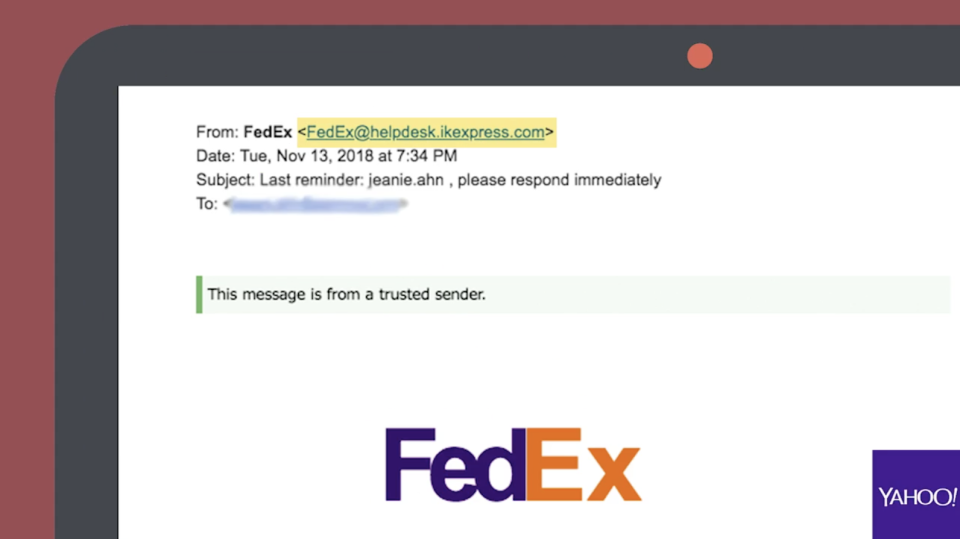3 holiday shopping scams to watch out for
Consumers are expected to bump up their spending to an average of $1,007, totaling $720 billion – which is up 4% from last year, according to projections from the National Retail Federation.
But thieves are constantly coming up with creative ways to steal your money and/or your identity, so shoppers should be on alert.
Unsecured online shopping
Last year on Black Friday, shoppers spent over $5 billion online. And this year, mobile shopping is expected to dominate. But beyond just browsing the web, the only way to shop safely on your mobile device is if you’re connected through a virtual private network that encrypts your data. We’ve said it before, and we’ll say it again: do not shop or do any banking on public wifi networks because hackers are on standby to steal your information. And make sure you disable autofill on all your browsers – turning this feature off will prevent scammers from stealing the credit card info that may already be stored on your devices.
Shipping scams
Whether online or on your doorstep, there are a number of shipping scams to watch out for. In your inbox, beware of fake shipping notifications that ask you to click on a link to download a new shipping label, reroute your package, or set up a new delivery time. Almost all of these messages will ask you to respond immediately with “urgent” or “final notice” in the subject line.
How do you know it’s really fake? Ignore any messages that say: “This message is from a trusted sender” — instead pay close attention to the email address where the email is coming from, and don’t click, but hover over the link to see where it could take you.

On your doorstep, protect your shipments from porch pirates. It’s happened to me and it could happen to you as thieves actively scout homes both day and night. In fact, package theft is on the rise: more than 26 millions Americans have had their holiday packages stolen from their porch or doorstep.
If you’re not going to be home for your delivery, think about getting an Amazon locker, renting a mailbox, or shipping your package to a nearby FedEx or UPS location. And if you’re constantly getting expensive items shipped to you, you might want to invest in a motion detecting web security cam.
This story was originally posted on Black Friday scams on November 21, 2018.
More from our Personal Finance team:

 Yahoo Finance
Yahoo Finance 
